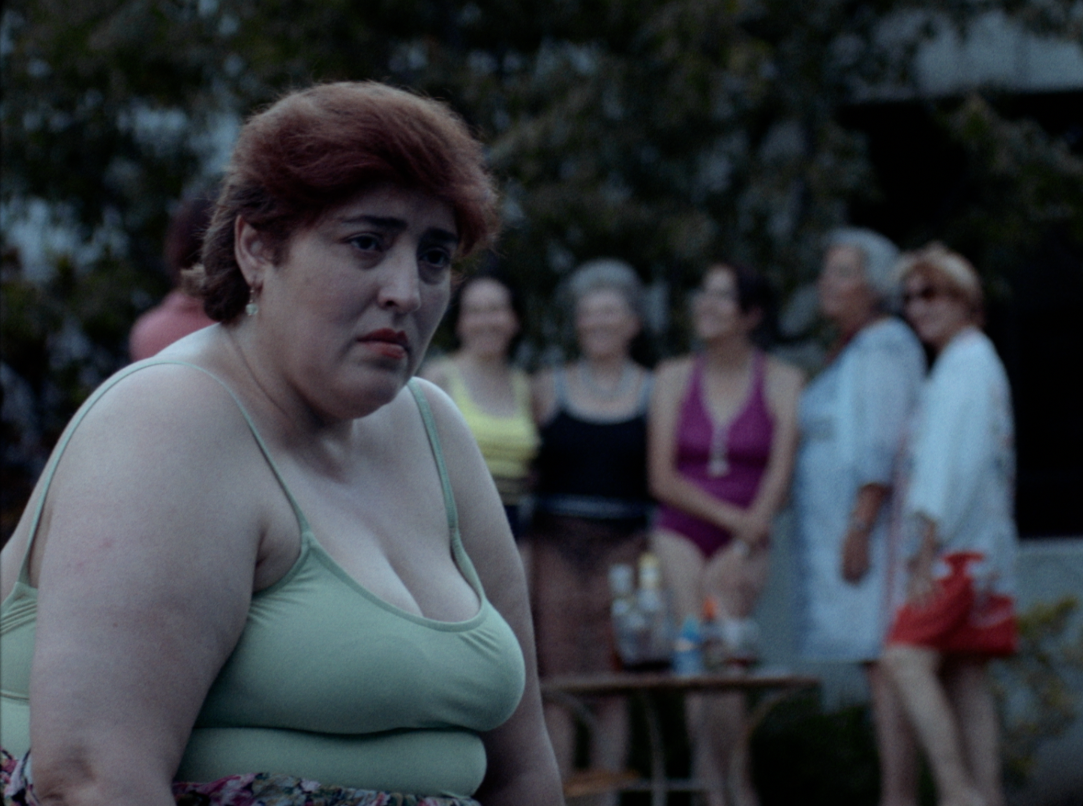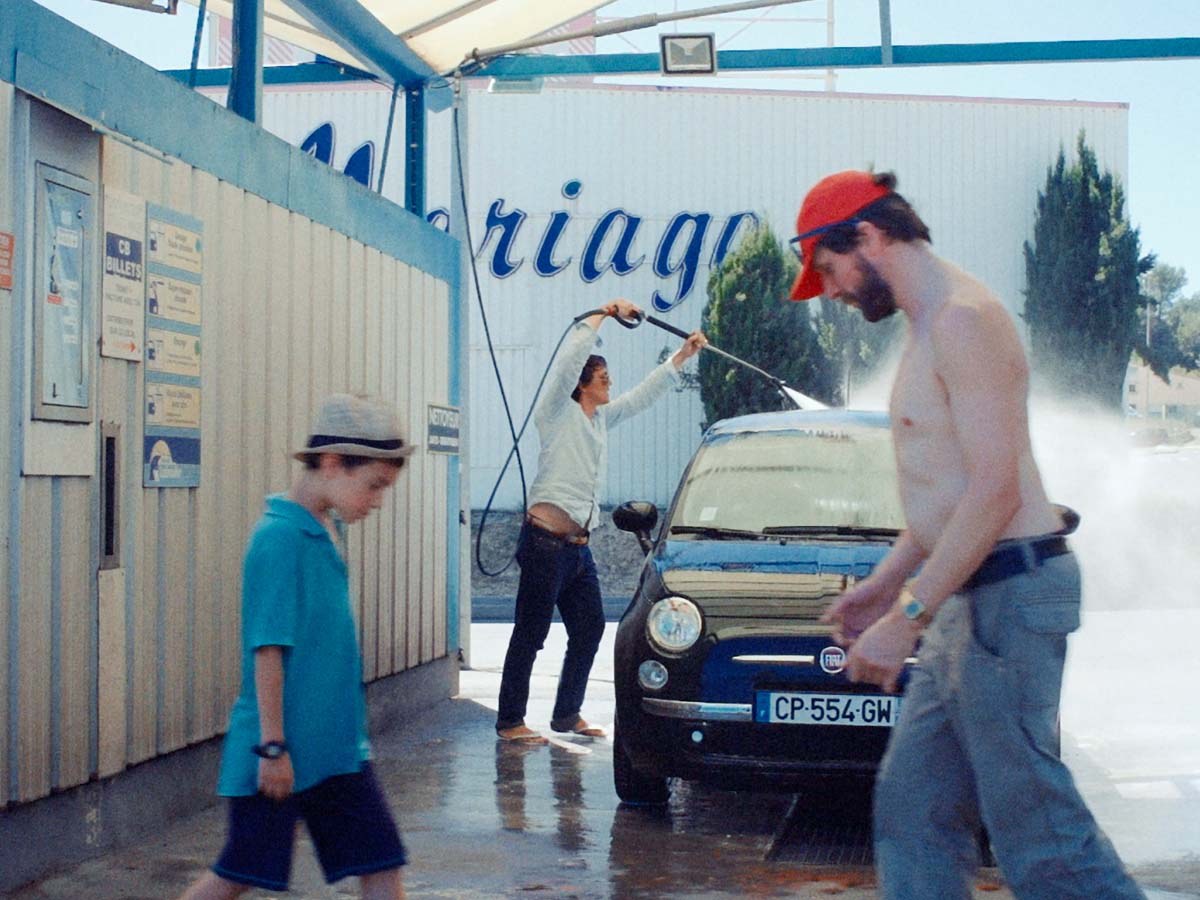
Under the Sun
Lo Que No Se Dice Bajo El Sol
Ana’s life changes radically when she divorces at the age of 40. In front of her family, it gets harder every day to keep pretending everything is fine.
“Ana is looking at herself as she’s being watched from the observing point of view of a CCTV camera. She’s featured as an awkward red dot invading the lower corner of the small screen. Ana has decided to make the best of it and to retake control of her life: a new haircut and starting to drive the car again. Yet everyone in her family seems to question her ability to do so—and what is worse: they might be right.
As the original title, Lo que no se dice bajo el sol, reveals, not much is said out loud in Eduardo Esquivel’s short film. However, the filmmaker’s care for detail in this seemingly loose narrative conveys many subtle truths through looks and silences, all rendered in an essentially neo-realistic cinematographic style. Its tender frankness works in more ways than one. When Ana is taking her kids to spend an afternoon at grandma’s on a seemingly normal day, her actions play out as an ordeal within the quest to revalue herself as an independent woman while facing the cruelties of her closest family members. Amidst a chatty background and a heart-wrenching soundtrack, many things are left unsaid. Under the Sun quite literally pays tribute to Lucrecia Martel’s La ciénaga and more sun-drenched Latin-American cinema.
How Esquivel’s cinematic style wonderfully captures Ana’s sad summer day is a great example of how cinema can elevate the human condition. Though filmic worlds apart, Emmanuel Marre’s protagonist in The Summer Movie, a French man looking for a new purpose in life, has a lot in common with Esquivel’s Mexican divorced woman. Both characters go on summer road trips that serve as midlife coming-of-age journeys to redefine their identity.” — Nina Rodríguez
This film was chosen by Nina Rodríguez, in response to Emmanuel Marre’s The Summer Movie. Rodríguez holds an MA in the Presentation and Preservation of the Moving Image from the University of Amsterdam and has been Head of Programming at the Guanajuato International Film Festival in Mexico since 2006. Having collaborated with the Abu Dhabi Film Festival in the past, she is currently part of the team behind Qumra, an initiative of the Doha Film Institute, providing mentorship for international film projects from development through post-production. She served as Academic Coordinator for the Pueblo Mágico Mexican Film Residency in Tepoztlán and has curated and participated at, amongst others, Tous Ecrans, Berlinale Talents, Tokyo IFF, and Sarajevo Film Festival. In 2020, Nina opened Compartimento Cinematográfico, an independent cinema in San Miguel de Allende.
A film about highways, tourists, concrete picnic tables, and lukewarm melons. About a man who wants to leave and a child who stops him. A summer movie.



